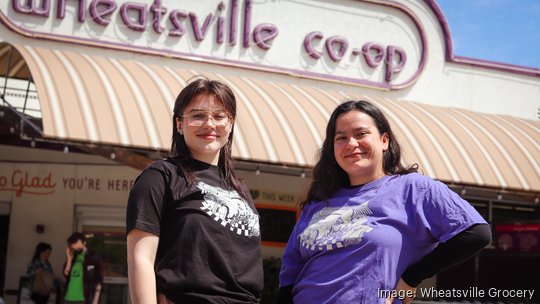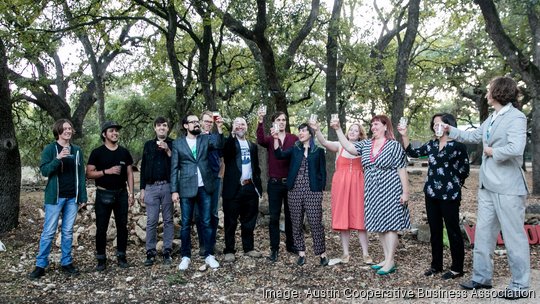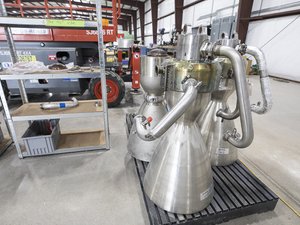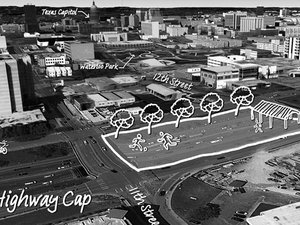
An effort to educate entrepreneurs about the cooperative businesses model continues this summer in Austin with a series of education programs.
Exemplified by local institutions like the award-winning the Blackstar Co-op Pub & Brewery, the Wheatsville Co-op grocery store and the web development company Polycot Associates, cooperatives are democratically controlled businesses owned by "member owners."
It's another manifestation of cooperative ownership, which has found some traction in the housing realm in Austin, especially as an alternative for affordable living in a fast-growing city.
Behind the push is the Austin Cooperative Business Association, which is dedicated to growing and strengthening the Austin-area cooperative community through education and advocacy, with support from the University of Texas Rio Grande Valley, the city of Austin and the Texas Rural Cooperative Center.
"A healthy group of co-op businesses means more community members are taking an ownership role in their local economy," said Drew De Los Santos, executive director at Austin Cooperative Business Association. "Whether they are worker-owners or consumer-owners, there is an opportunity for equity in the economy through profit sharing and democratic participation in the types of jobs and products they see on the shelf."
Its "How to Start a Co-Op" program launches May 4, while other classes aimed at introducing newcomers to the business model are set to be held from mid-May through October.
The webinars are free and will be presented in English with Spanish language interpretation.
Co-ops present a radically different way of thinking about business, where decisions are typically made by a large group of members instead of executives or shareholders. De Los Santos claims one wouldn't "see the same types of layoffs in a co-op economy as we're seeing in the tech industry, for example, because worker-owners would be involved in deciding the fate of the company. That type of security in a healthy co-op economy can add a level of resilience and sustainability to the community and city. Co-ops also tend to pay a living wage or have some sort of engagement in improving the quality of worker's rights at their business, and when a community is paid adequately, it can thrive, grow and buy more.”
The association served a total of 82 corporate clients and 200 people including co-op members since it was started. At least 1,000 prospective business owners have attended a webinar training program in the past two years.
"Our coaching services include supporting recruiting more people to join the co-op development process, business and financial planning, member development, bylaws, incorporation, electing a board and more," De Los Santos said. "We can also connect co-ops to professional services and cooperative-friendly financing institutions. Additionally, we are part of a larger co-op community at the local level all the way to the international scope and that is another benefit for folks wanting to launch their own cooperative.”

Austin City Council Member Vanessa Fuentes has also shared her support for the cooperative business model. She voted to support a $500,000 contract for the community organization Go Austin/Vamos Austin to launch a co-op grocery store in Austin's Eastern Crescent, considered by many to be a food desert.
"I am so excited that this initiative is moving forward," Fuentes said during a Sept. 1 City Council meeting. "It is moving forward in a way that is centered and powered by the community where they will have a say in what their grocery store looks like, on the prices at the grocery store that’s affordable and culturally inclusive. I’m excited to see this work."
De Los Santos emphasized that the co-op model could be a viable option for community-driven services seeking to mitigate the risks associated with opening a traditional business.
"You don't have to cover all the bases by yourself — co-ops encourage bringing together different skills," De Los Santos said.








